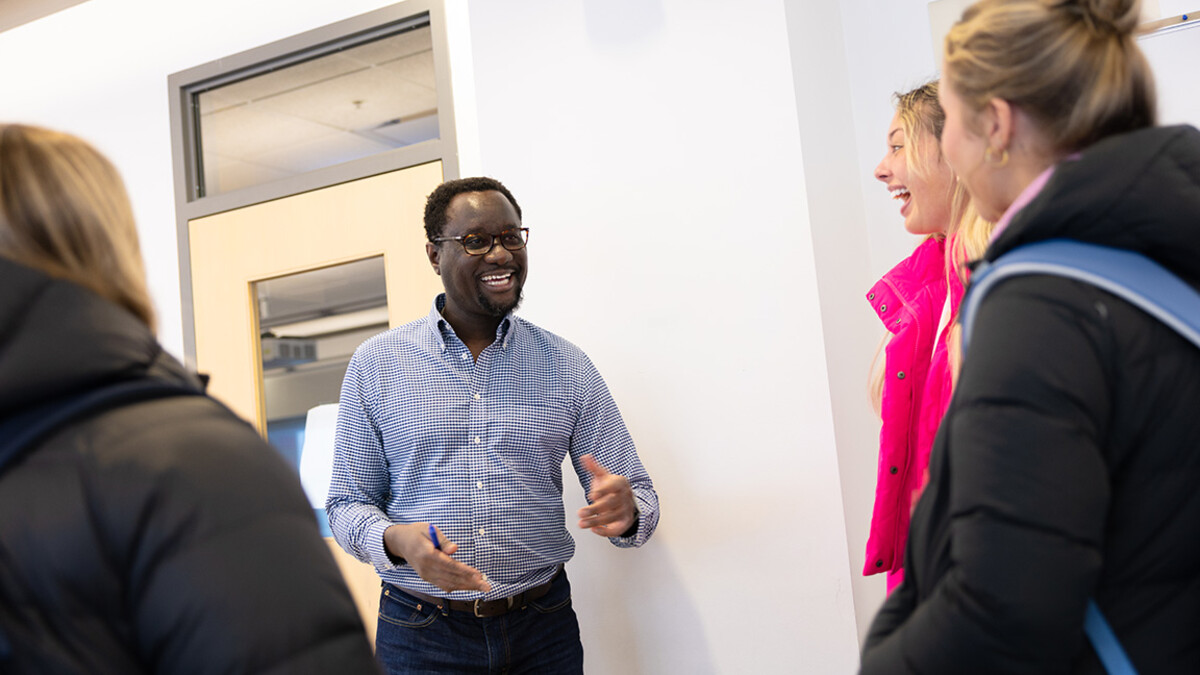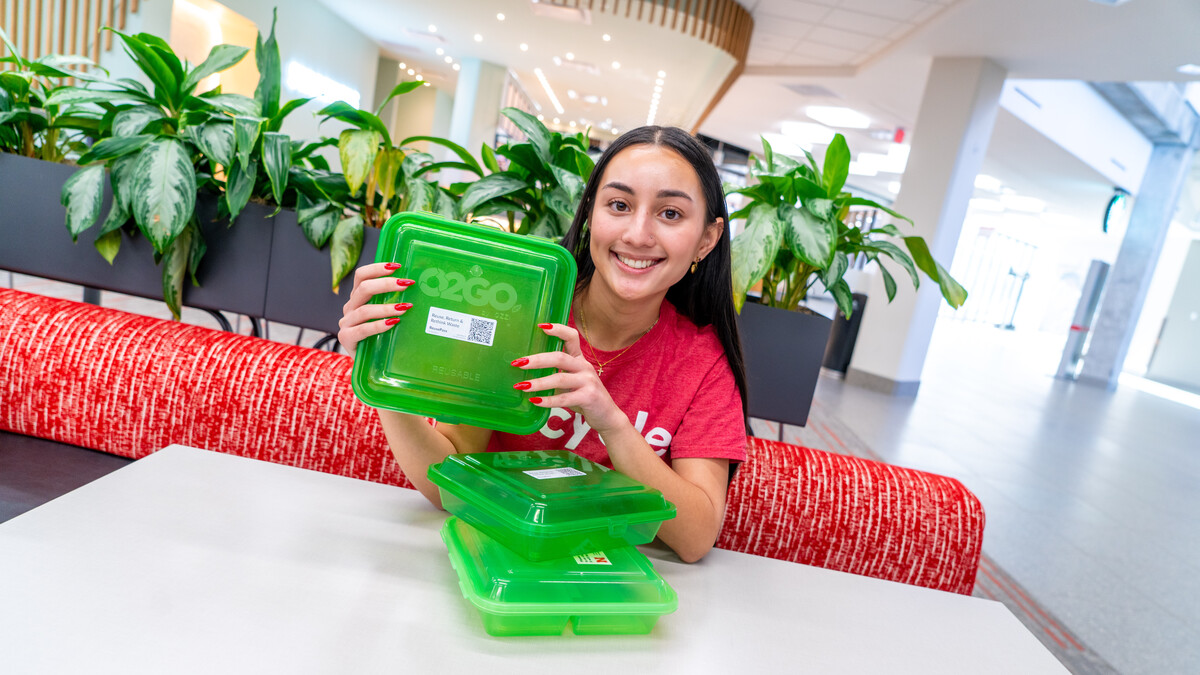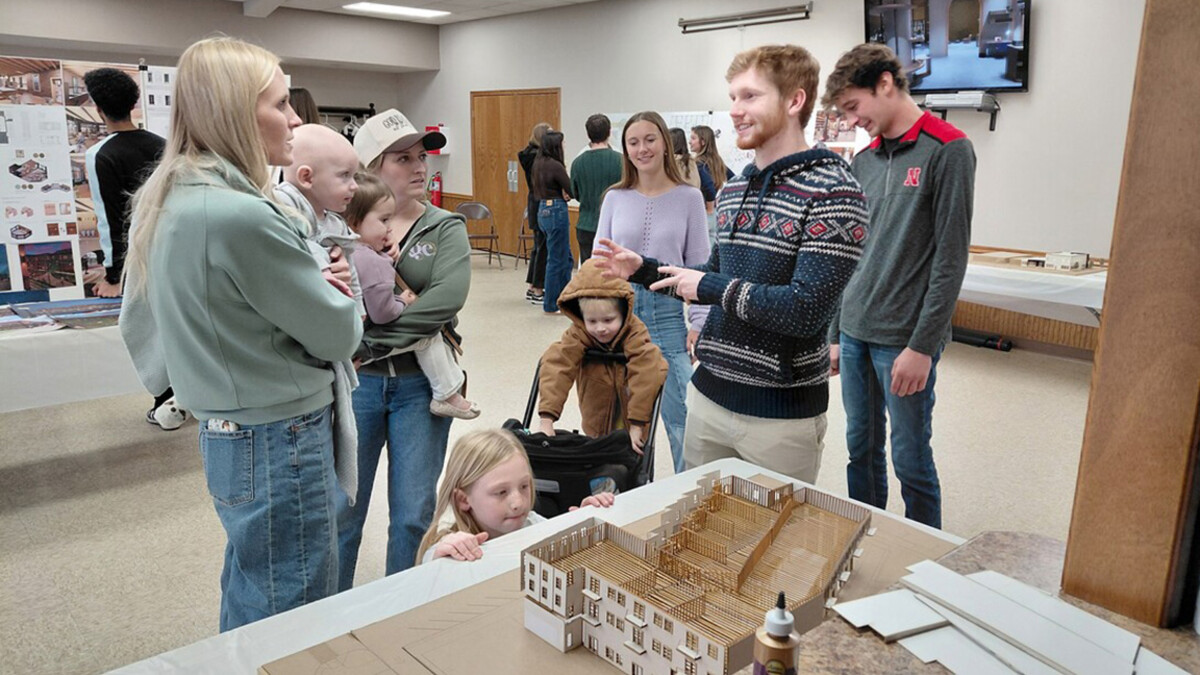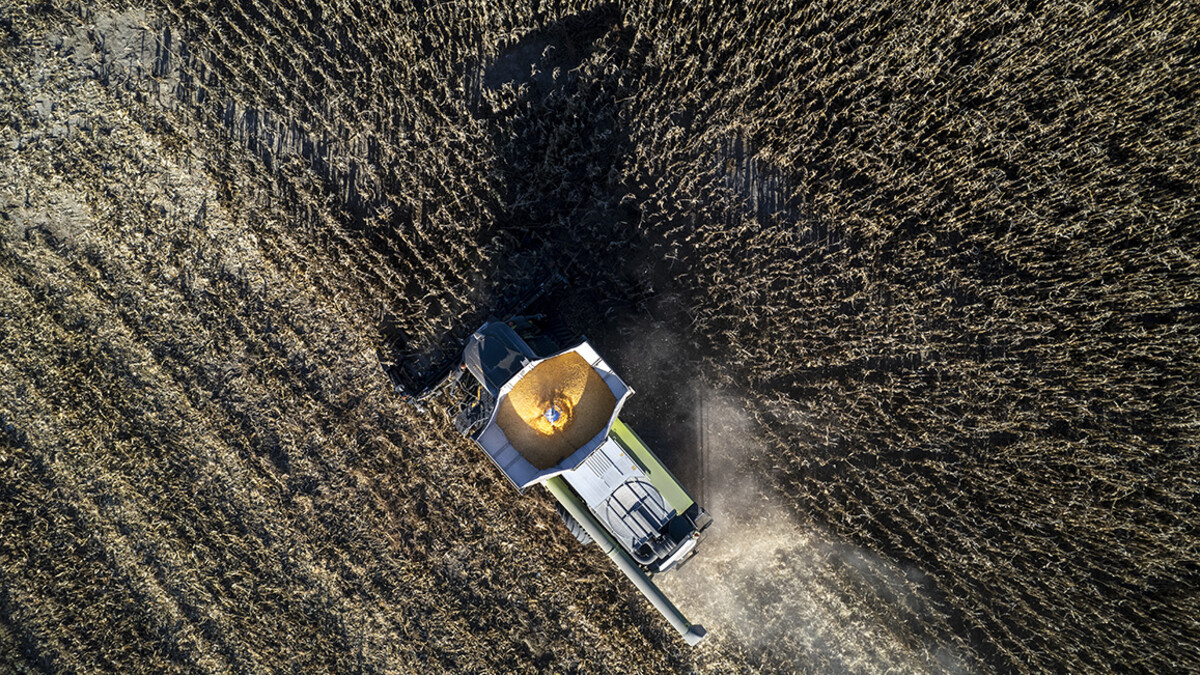
It is, in short, the TL;DR of the academic world.
To a researcher, the word “abstract” will conjure thoughts of a summary that helps a reader understand the essentials of a study: what’s been learned or achieved, and how, and why to care.
But for many a reader — especially the ones outside academia’s specialized, expertise-fortified circles — that same word might better describe the load-bearing, mystifying nature of the typical summary, which often favors jargon over familiarity, technicality over comprehension. Even scholars from the same field, but far enough afield not to overlap, can sometimes struggle to make sense of another’s abstract.
The University of Nebraska–Lincoln’s Robert Zink has been busy waging a crusade to get scientists thinking beyond the confines of the traditional abstract. As the author of “The Three-Minute Outdoorsman” and other lay-friendly texts, Zink has an affinity for decoding the dense and explaining the esoteric.

“For a long time, I’ve been writing general articles for the lay public, where I translate science into a language that people outside the field can understand,” said Zink, a professor with the School of Natural Resources and the School of Biological Sciences. “And I feel very strongly that we scientists have an obligation to do that.”
An obligation, maybe, but not necessarily the tools. As the holder of a doctorate who has since gone on to teach several decades’ worth of graduate students, Zink came to realize that, for all the training those students receive, precious little is devoted to communication and outreach.
In 2023, Zink organized a contest for students wrapping up a master’s thesis or doctoral dissertation in the School of Natural Resources. Their charge? Write an abstract 300 to 700 words long, light on jargon and heavy on empathy, that could be readily understood by a layperson. Their reward? Practice and guidance on communicating clearly about their science — and, thanks to then-SNR Director John Carroll, a cool $500.
“It’s hard for me to imagine a student going out into the real world, irrespective of their career path, and not having to explain what they do to people who aren’t in the field,” said Zink, who teaches a graduate course on communicating with the public. “Whether they work for a nongovernmental organization in conservation, or whether they work in agricultural fields, they need to be able to think about how to phrase what they do in a way that people outside the field can understand, appreciate and be happy to learn something from.”
Corrin Winter, who earned a master’s in natural resource sciences in December, wrote their thesis on why Nebraska farmers decide to adopt or eschew innovations that could benefit their agriculture and the environment. In that vein, Winter hopes to spend their career dismantling the fences between scientists and the public.
Little surprise, then, that Winter knew they wanted to join the abstract-writing contest as soon as they learned of it.

“We have to do a lot of literature reviews; we have to read a lot of papers; we learn how to write scientifically,” Winter said of grad school. “And so, when we go to describe things, we tend to describe them the same way that we’ve learned. It’s very easy to continue to talk scientifically, even when you have an audience that’s not scientific.
“I think an exercise like this forces you to take a moment to stop, think, and reconsider what you’re saying in a way that other people might understand.”
Winter would succeed in doing just that: In December, a three-member panel judged them the winner of the contest. Their secret? Think about what they say when talking to someone about their research, get that “word blob” down on the page, let it settle, then come back to refine it later.
“Because then,” Winter said, “your words sound more like a conversation and less like a technical paper.”
It helps, they said, that many of their own conversations take place with friends who are musicians or students pursuing degrees that have nothing to do with the diffusion of agricultural technology. The experience of explaining research to such a disparate network — refusing to accept that those friends will inevitably ignore it, accepting the challenge of getting through to them — is one that Winter figures more scientists could benefit from.
“Once you start understanding things, then you start enjoying things,” said Winter, who was also a member of the Applied Wildlife Ecology and Spatial Movement Lab. “But you have to get past that initial hurdle. Having friends from a bunch of different fields has helped me learn how to talk to them and get them invested before you just start info-dumping on them.”
Zink said the issue of getting past that hurdle, or failing to, has contributed to the rising tide of science denialism in the United States and elsewhere. It’s one of multiple reasons that he’s urging the Institute of Agriculture and Natural Resources, and the rest of Nebraska U, to normalize the inclusion of lay-friendly abstracts in theses and dissertations.
Those abstracts, he said, should better inform taxpayers, donors, alumni, prospective students, legislators and others about the discoveries coming from the university’s students. Husker graduates, meanwhile, will be better equipped to overcome the apathy or ambivalence they may encounter after turning the tassel.
“It’s the right thing to do,” said Zink, who will be coordinating another contest in 2024. “We have to confront the distrust of science that is being perpetuated by people who don’t understand it. And the fact that they don’t understand it is almost certainly, in large part, the fault of scientists who have, throughout most of our last 100 years, not seen the need or the importance of letting people know what it is we actually do in a way that’s comprehensible to a non-expert.
“I think it’s high time that we started instilling that.”







